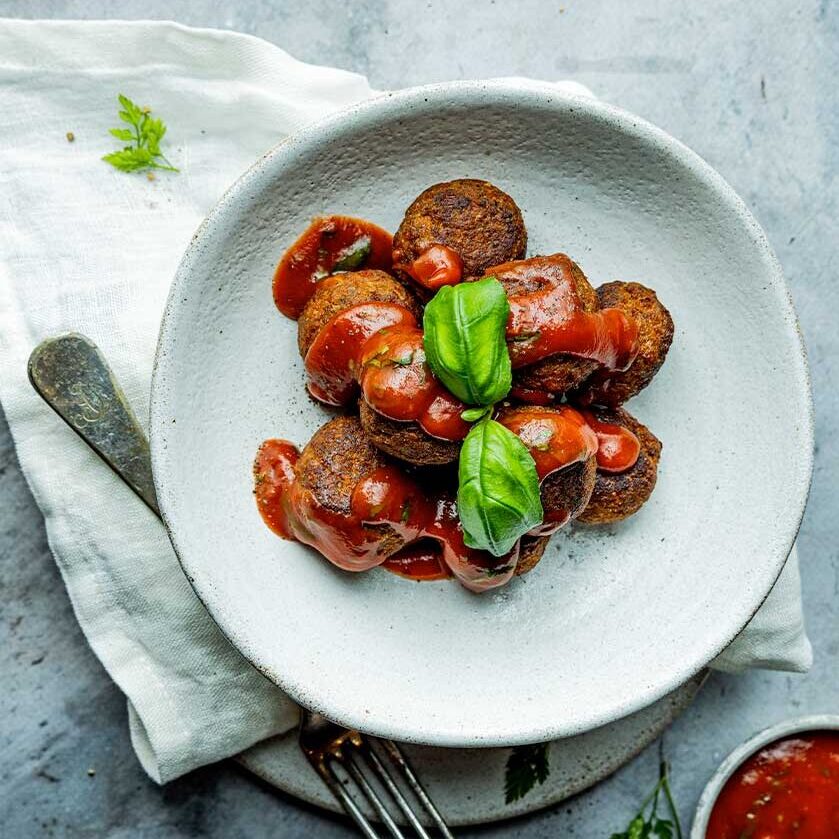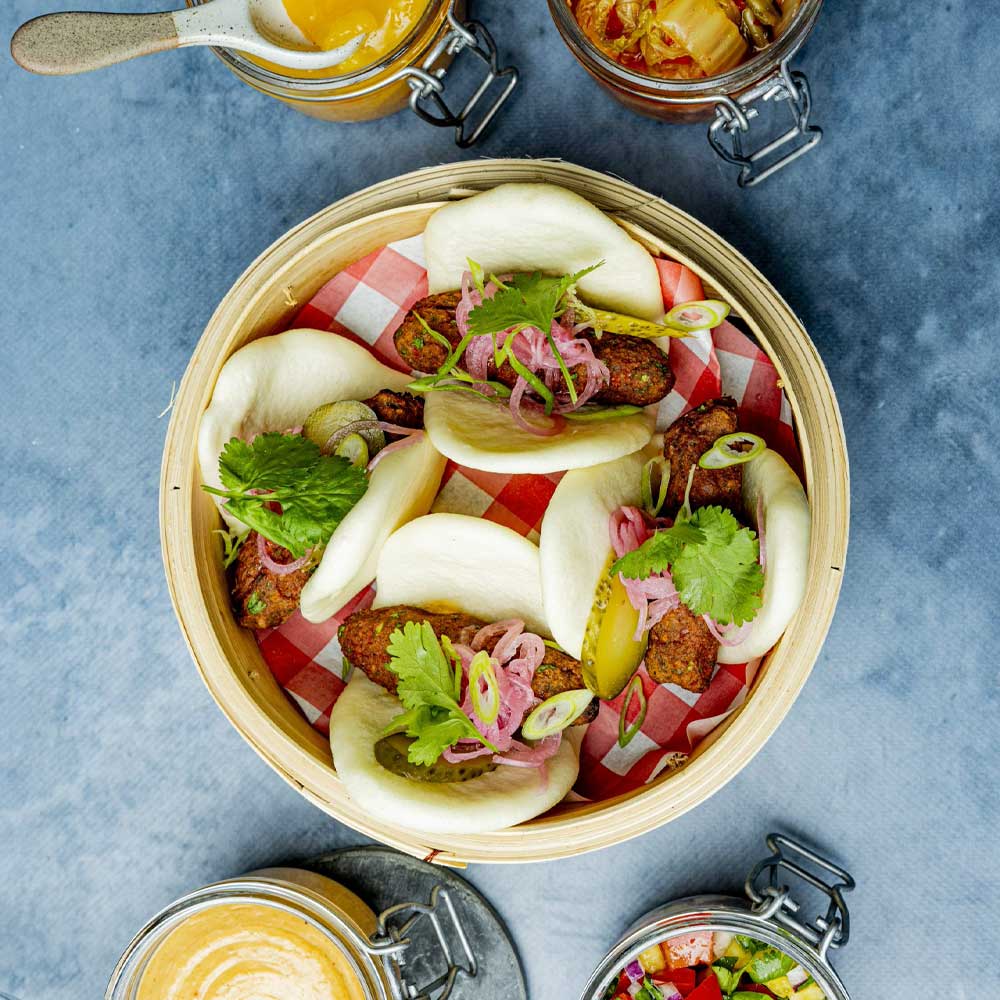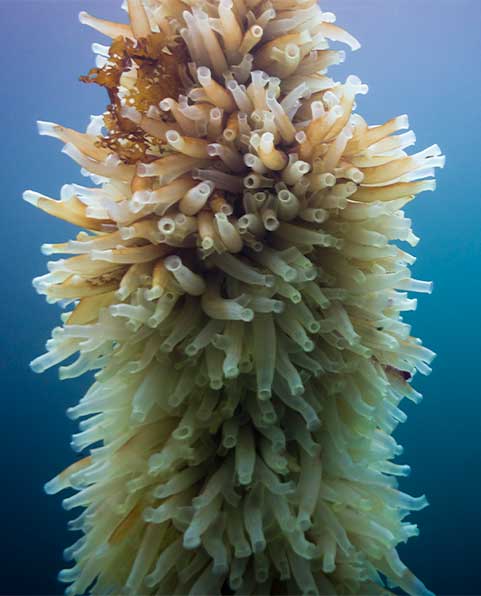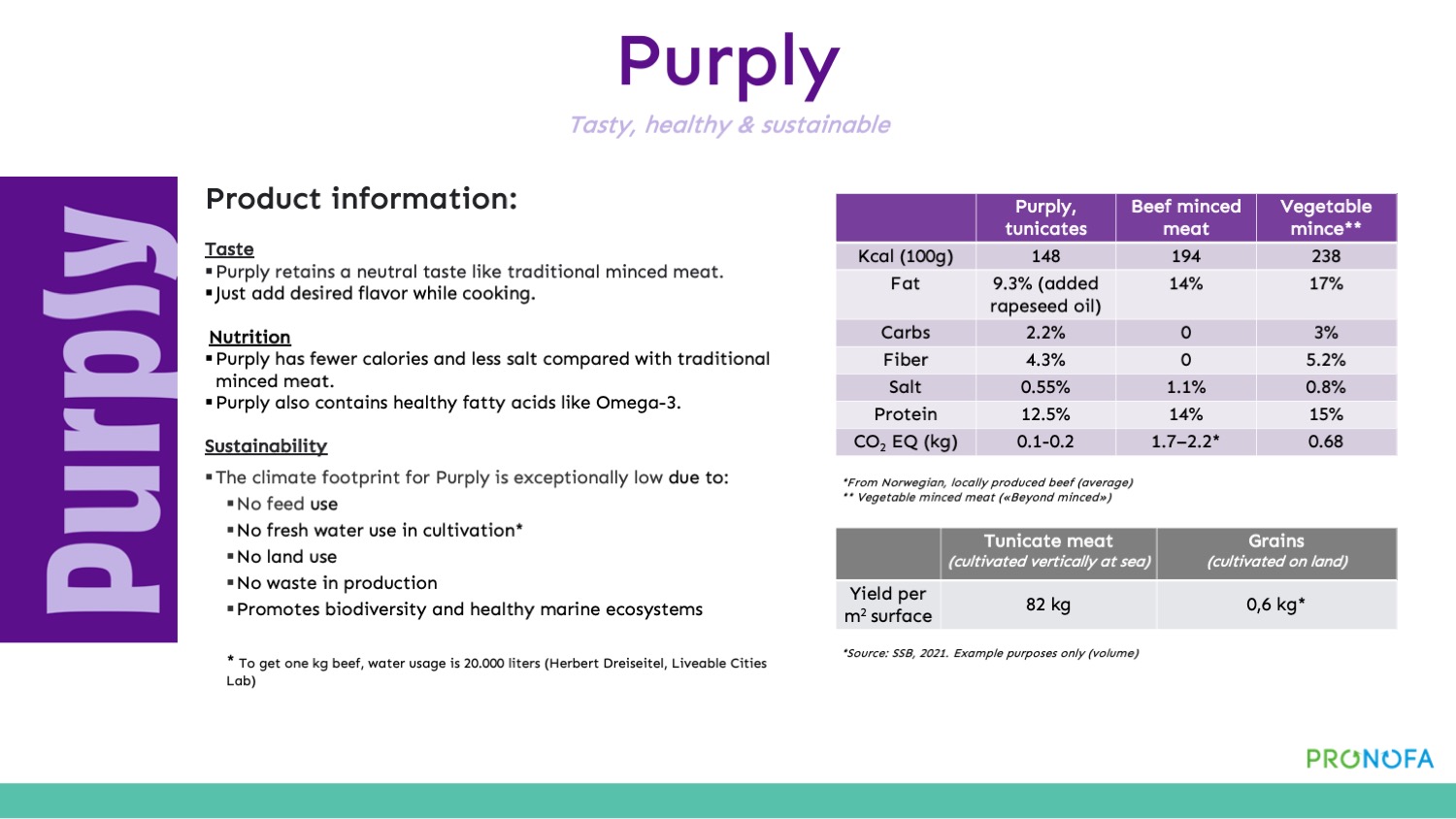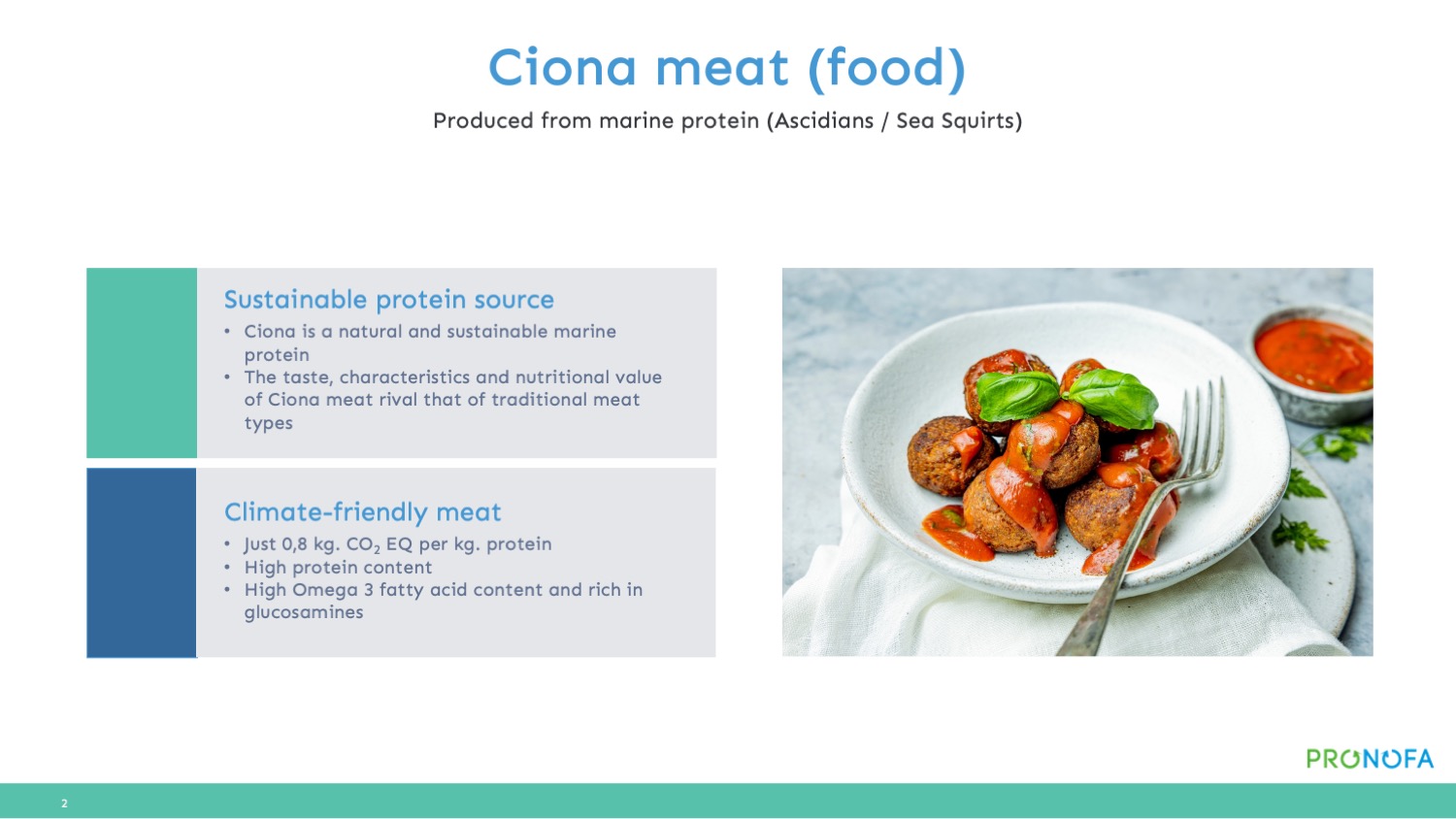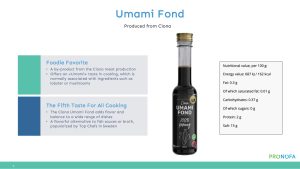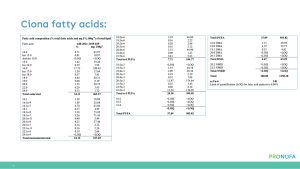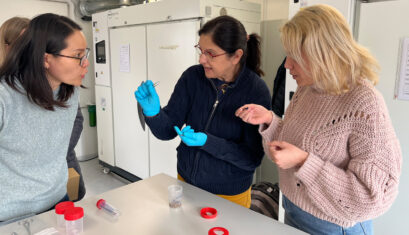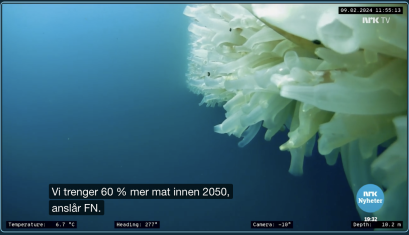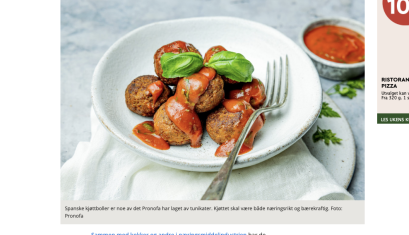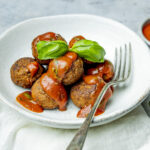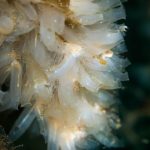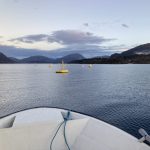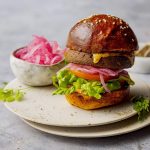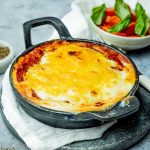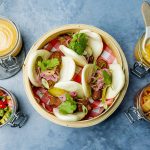Purply
Food For Thought
Purply is a new and groundbreaking product made from Ciona, which is similar to traditional types of meat in taste, nutritional content, and culinary uses.
Purply can be used in a variety of dishes that you are already familiar with, such as pizza or tacos.
What is Ciona?
Ciona is nothing new. These marine animals have lived off our coast for hundreds of years – probably much longer. But for just as long, we have underestimated their potential as a source of good food.
There exist 3,000 different types of tunicates in the world, and one of them is Ciona.
Future food production
the world's most climate-freindly meat
Some other types are considered flavorful delicacies in countries like South Korea (‘Meongge’), Chile (‘Piure’), and France (‘Figue de Mer’), but here, they are usually served raw.
Culinary experiences are a very important part of life for many people. It’s exciting to explore new flavors and challenge one’s old eating habits.
In addition, we know that the world’s population is projected to reach 10 billion in the next 30-35 years based on current population growth.
As a result, we will need 70% more food than what we produce globally today.
At the same time, this must be done in a way that does not put additional pressure on our nature.
Pronofa believes in Purply primarily because it tastes good but also matches traditional meat when it comes to nutritional value.
With a climate footprint of only 0.2 kg. CO2e per kg. Purply is also the world’s most climate-friendly meat.
That is worth thinking about, or «Food For Thought» – now and in the future.
Ciona
A low-trophic species that can go directly to the consumer.
Only eats plankton
Thrives naturally on nutrients surplus in the sea
Grows naturally
Does not occupy arable land, use no fertilization or pesticides.
Breaks down nitrogen in the sea
Improves water quality and prevents algal blooms.
A high-quality raw material
Is rich in protein and contains Omega 3.
The world’s most climate-friendly meat
Exceptionally low CO2e value
More food from the sea
According to the EU, only 2% of the world’s population’s calorie intake comes from food produced at sea. Only 1% of the food is produced through aquaculture.
However, the UN states that we need to increase the share to 10% to ensure that no one goes hungry in the future.
Purply does not taste like fish or shellfish; instead, it can be used for dishes such as meatballs, lasagna, pizza, and hamburgers. We think that this could make a difference.
Why is this so climate-friendly?
With a climate footprint of just 0.2 kg. CO2e per kg. Purply is the world’s most climate-friendly meat. This is significantly lower than other types of meat – and fish, and even lower than the majority of fruits and vegetables.
There are many reasons, but perhaps the most important one is that the raw material Ciona grows completely naturally along the coast. It needs no feeding or fertilization, just competence and technical ability to cultivate and harvest them in the right way – in a large-scale. The processing of the Purply minced meat otherwise requires little energy and little freshwater.
What is not evident in the CO2e calculation is that tunicates like Ciona are filter feeders: They filter up to 100 liters of seawater a day for plankton. This is important because Norwegian fjords often have excessive plankton due to runoff from agriculture.
This, in turn, leads to algal blooms and a phenomenon known as eutrophication. This is detrimental to the marine ecosystem and overall water quality.
However, tunicates efficiently convert nutrients from plankton. Furthermore, there are no signs of toxins found, as may occur in other marine raw materials. In other words, Ciona should be completely safe to eat.
Product Sheets
News
Positive signals from the DetoxBug Project
The Norwegian Veterinary Institute visited Pronofa's R&D lab in Fredrikstad
NRK Daily News Broadcast: Tunicate production at Nordmøre
Watch the clip at NRK.no »
Cultivation venture could provide 100 new jobs in Averøy
Read the article at Tidens Krav (+) »
